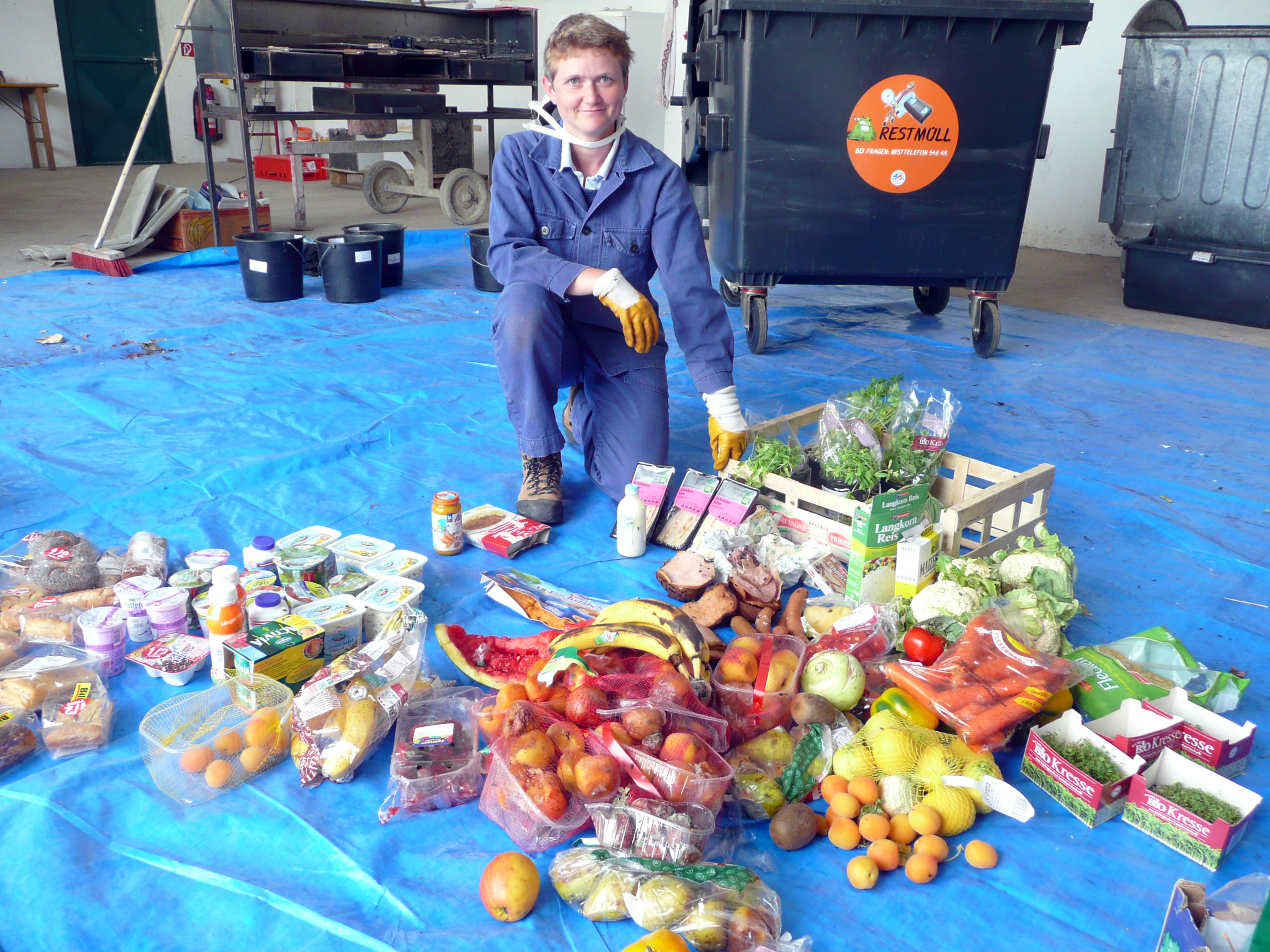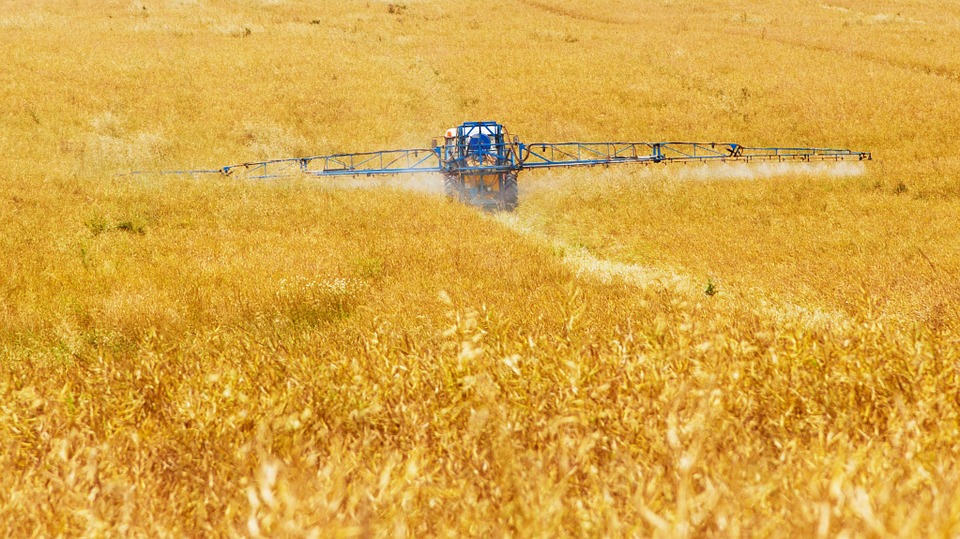In this programme you will find practical ways for moving towards a diet that includes habits which improve quality of life for ourselves and the people around us.
You learn how this affects our decisions, how we choose what we buy and where we buy it, all in a cheerful, fun and creative way.
We discover how to improve our surroundings and our inner selves, in order to feel full of life.
Our food choices have an impact on the environment; we review various diets (carnivorous, omnivorous and vegetarian) and finally focus on the plant-based diet.
Sustainable Food Citizen Week
Video resum de la Setmana Ciutadana de l'Alimentació Sostenible 2021
The activities of the Sustainable Food Citizen Week
Sustainable Food Citizen Week provides an opportunity to understand the relationship between food habits and cross-cutting aspects such as the climate emergency, local economic development, culture, politics, social rights and health. A week dedicated to citizens, in which you will achieve knowledge, reflection and debate about the main issues of the following activities.
Gastronomic heritage
- October 18th - 18.00 HBetevé broadcastingTelevised cooking workshop
- October 19th - 18.00 HBetevé broadcastingTelevised cooking workshop
How can you adapt sustainable food to healthy living?
Batch cooking consists in cooking for the whole family and investing a little time so you can make nutritious everyday meals, at home and for your lunch box.
BREAKFAST: habits as simple as a good glass of water, with sea water and lemon. Breakfasts such as shakes or smoothies, which you can warm up in winter. You will discover recipes such as rice pudding and pear, quality-bread sandwiches and an omelette made from organic eggs.
LUNCH: important notions on how to structure a dish with different groups of foods. A dish is not the same for a teenager as a middle-aged person. You can cook the same for all the family but put in what each person needs. You should always add vegetables in season, wholemeal carbohydrates, some raw vegetables, sprouted and fermented foods, etc. You will discover recipes such as baked pumpkin with curry; lentils cooked with adobo, sprouted ... and seeds; chickpeas with prawns; wholemeal rice with mushrooms; and lettuce head salad with carrot, olives and chopped chives. Wholemeal pasta with courgettes, mushrooms, squid with carrot and beetroot.
EVENING MEAL: an evening meal or supper should be light and eaten as early as possible. You will discover recipes such as pumpkin, sweet potato and oatmeal soup; vegetable pudding with carrot and broccoli; fish soup with noodles, and grilled fish in a sauce.
- October 20th - 18.00 HBetevé broadcastingTelevised cooking workshop
Getting children away from processed food as much as possible.
At home, we can organise menus very quickly, using fresh and seasonal local produce.
Not forgetting breakfasts and snacks and their natural desire for sweet food; we offer some great solutions.
Waste vs Good use
- October 16th - 20.00 HPlaça ReialTalk
Presentation of Repensa el que menges (Rethink What You Eat), a guide for the sustainability of formal and non-formal educational practices in the promotion of the right to food through the service learning methodology.
- October 16th - 20.00 HTeatre del CCCB, Jardí dels Tarongers, Plaça del Rei, Parc de la BarcelonetaShow
A unique musical group, the Vegetable Orchestra, plays instruments made from fresh vegetables. The use of various vegetable instruments makes for a unique musical and aesthetic universe. The Vegetable Orchestra covers the most diverse musical styles, combining genres from electronic music to jazz. The newly created instruments determine the resulting sound. A Vegetable Orchestra concert appeals to all five senses.
- October 20th - 22.00 H (variable according to betevé programming)Betevé broadcastingDocumentary film season
Amazing, but true: from the farm to the dining table, more than half of the food is thrown away and much of that food never reaches consumers. Why are these increasingly large amounts of food being destroyed? In this documentary we will look for explanations for this waste.
This activity is part of the Betevé documentary film series that includes the films Fermentación espontánea, Taste the waste, Food for change and Il mare piange.
Urban rurality and biodiversity
- October 21st - 17.30 HBiblioteca Joan MiróVisit / Tour
A walk for discovering the many wild plants we have close to home that we were unfamiliar with and the varied possible uses of which we could never have imagined. We’ll learn how to identify them, we’ll smell and taste them and discover the uses each of the species has inside and outside the kitchen.
- October 22nd - 17.30 HPlaça Lesseps (sortida metro)Visit / Tour
A walk for discovering the many wild plants we have close to home that we were unfamiliar with and the varied possible uses of which we could never have imagined. We’ll learn how to identify them, we’ll smell and taste them and discover the uses each of the species has inside and outside the kitchen.
- October 23th - 10.00 HEstació Carretera de les Aigües- Funicular de VallvidreraVisit / Tour
A walk for discovering the many wild plants we have close to home that we were unfamiliar with and the varied possible uses of which we could never have imagined. We’ll learn how to identify them, we’ll smell and taste them and discover the uses each of the species has inside and outside the kitchen.
Ecological footprint
- October 17th - 13.00 HPlaça del ReiTalk
Talk looking at all the most common stages of the life cycle of our food. From the farm to the table, we’ll be pondering the carbon footprint of agriculture, packaging, logistics, cooking, organic waste etc. The overall goal is to provide information for deciding on food which has a lower impact in terms of greenhouse gas emissions. The session will also stress the contradictions in environmental communication for consumers.
- 17th October 13.30 hPlaça del ReiTalk
What are the impacts of our food system on our planet? How does this affect the peasantry, our territory and the communities of the global south? What role does the food industry play? What can we do as consumers? What is the role and situation of women, who have traditionally fed the world? On all these issues, we offer you an exciting dialogue with Vandana Shiva (Indian climate activist, graduate in physics, philosopher, ecologist, feminist and author of more than twenty books and 300 articles in the world's most prestigious scientific journals) and Esther Vivas ( activist, researcher in social movements and agricultural and food policies, degree in journalism and diploma in higher studies in sociology from the Autonomous University of Barcelona).
- October 17th - 17.30 HPlaça del ReiRound table
The current industrial agri-food system generates a series of environmental conflicts that are manifested through struggles and mobilisations in response to the impact this system has on the environment and society. These conflicts are mainly associated with the defence of environmental conditions or equal access and distribution of natural resources, often occurring in production and transit areas, and ultimately affecting the regions and communities where they happen. They often reveal conflicting interests, different development paradigms, and aspects related to involvement in decision-making.
The aim of this roundtable is to address some of the main current socio-environmental conflicts in Catalonia, arising from the food system, and to understand the causes and impacts both in Catalonia and the Global South, in order to make them visible, encourage dialogue and provide possible solutions or alternatives.
Proximity
- October 17th - 11.30 HParc de la BarcelonetaTalk
Explanation of the Baix Llobregat Agricultural Park as a metropolitan agricultural area that produces food locally for the Barcelona Metropolitan Area. A public-private entity that aims to preserve the farmland and encourage the development of a professional agriculture that ensures the supply of fruits and vegetables to local markets and the viability of farms. During the talk we will discuss projects like the Parc Agrari farmers markets, the Producte Fresc del Parc Agrari brand, and the creation of a “test” area to encourage young people to get involved in farming.
- October 17th - 12.00 HParc de la BarcelonetaTalk
Ramats de Foc is a prescribed-silvopasture project aimed at boosting the contribution of livestock in fire-risk management through pasture in strategic forest areas.
Prescribed silvopasture is the practice of extensive livestock feeding following established a priori guidelines and goals to achieve a type of fire-resistant forest mass and Ramats de Foc is an initiative to promote this work, and help to extend it through our forests and bring it added value.
The project also aims to promote continuity of livestock activity in the region, through its twofold food and landscaping work, and to strengthen the ties between shepherds and local butchers.
By promoting the consumption of livestock animals that manage our forests, the aim is to encourage a change of perception in society so people understand how a certain kind of regional management will enable protection against the big fires that cause the most damage and that initiatives as simple as consuming local livestock are already helping to maintain fire-adapted landscapes.
- October 17th - 12.30 HParc de la BarcelonetaTalk
Alternatives from the global south to the impact of our unsustainable food system: the case of the Mercado Central del AMBA (Buenos Aires metropolitan area).
The activity, which is aimed at all members of the public, is part of the agreement for implementing the “Barcelona menja bé i just” project.
More week
- October 15th, 16th, 17th, 20th, 21st, 22nd, 23th and 24th from 12.30 to 14.00 HMasia Can Calopa de DaltVisit / Tour
This activity is an adapted version of the classic visit ‘The Winery and the Vineyard’ offered at Can Calopa de Dalt. In this case, the activity offers a special tasting of wines from periurban projects managed by L’Olivera: Vinyes de Barcelona (from the Finca de Can Calopa de Dalt, in Collserola) and Arraona Blanc i Negre (from the estate at Can Gambús, in the Sabadell Agricultural Park).
- October 16th from 9.00 to 18.00 H / October 17th from 9.00 to 14.00 HInstitute of Catalan Studies, Sala Prat de la RibaRound table
A forum for agriculture, livestock farming, science and the academic world, as well as consumers, where people can meet, debate and establish a framework for cooperation which favours a transition towards resilient, healthy, fair and diversified food systems.
A place where people can work on how to help reduce greenhouse gas emissions and sequestrate carbon in food systems in order to counter and adapt to climate change. - October 16th, 17th, 23th and 24th from 10.30 to 19.00 HLa Rambla Kiosk (near Mercat de la Boqueria)Exhibition
Are you aware of the entities and other organisations that promote and work to make sustainable, fair and healthy food more accessible in Barcelona? Do you know who promotes this in your neighbourhood and what initiatives they organise? Do you need help putting it into practice? Would you like to get involved?
Come along to the kiosks on La Rambla and find out for yourself! Check the grid to see the times for each organisation. We will be near Mercat de la Boqueria.






















